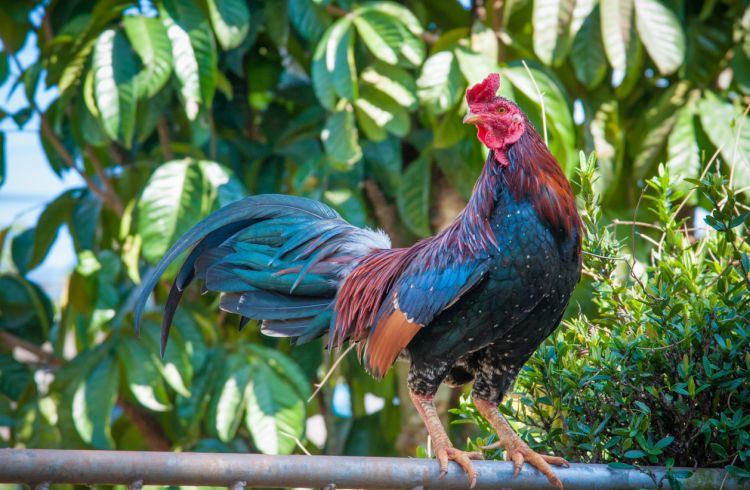What Travelers Need to Know About Avian Influenza (Bird Flu)
What is avian influenza? Learn more about symptoms, treatment and prevention of the disease before you go overseas.
 Photo © Getty Images/primeimages
Photo © Getty Images/primeimages
Avian influenza, also known as bird flu, is a type A influenza virus. The virus is carried inside the bird's intestines and distributed into the environment via its feces. Sometimes it develops into a strain which causes widespread deaths in both wild and domesticated birds.
(Note: this is general advice regarding avian influenza, for detail on specific strains such as the H7N9 variant presently occurring in China, check the FAQ page of the World Health Organization).
How bird flu spreads
On occasions, avian influenza mutates into a form which can be transmitted from bird to human, and generally affects people who have close contact with birds and poultry.
For example, it's common in children in rural communities – because they often play among and around poultry – and those who work in live poultry markets which are consequently exposed to bird feces.
The virus can also survive in raw poultry meat but is destroyed during cooking involving high heat.
Regions affected
- Asia
- Africa
- Middle East
- Europe
For more information, check your government's travel advisory or the embassy of the country you plan to travel to, to determine if there is an outbreak of bird flu.
Vaccination
There is no vaccination available for avian influenza.
Duration
The incubation period differs from strain to strain but the average tends to be from three to 10 days.
Symptoms
The symptoms of bird flu in humans are similar to those of regular influenza and include:
- Fever
- Sore throat
- Cough
- Headache
- Aching muscles.
Bird flu in humans can cause a range of serious and potentially fatal complications, including:
- Eye infections
- Pneumonia, including viral pneumonia
- Acute respiratory distress
- Inflammation of the brain and heart.
Treatment
As this disease shares common symptoms with many others, it's strongly advised if you become sick with fever, coughing, or shortness of breath you should seek medical treatment.
Contact the emergency assistance line for your travel insurer for advice on your condition and to locate a doctor or hospital.
It's recommended that you delay your travel home until you have recovered, or medical professionals say it's ok to travel. Let your travel insurance company know this information.
If you get sick with fever, coughing, or shortness of breath after you return home, visit your doctor and tell them where you have been traveling.
Prevention
Things to avoid
- Touching animals, dead or alive
- Live birds or poultry at local markets
- Avoid wet markets or farms with animals
- Undercooked or raw meat and poultry. Check that it's cooked through and served hot
- Raw or undercooked eggs
- Eating or drinking dishes that include blood from any animal
- Avoid eating from street vendors.
Personal hygiene tips
- Wash your hands often
- If soap and water aren't available, clean your hands with hand sanitizer containing at least 60% alcohol
- If you need to touch your face, make sure your hands are clean
- Cover your mouth and nose with a tissue or your sleeve when coughing or sneezing
- Try to avoid close contact and sharing utensils and cups with people who are sick.
Related articles
Simple and flexible travel insurance
You can buy at home or while traveling, and claim online from anywhere in the world. With 150+ adventure activities covered and 24/7 emergency assistance.
Get a quote
No Comments